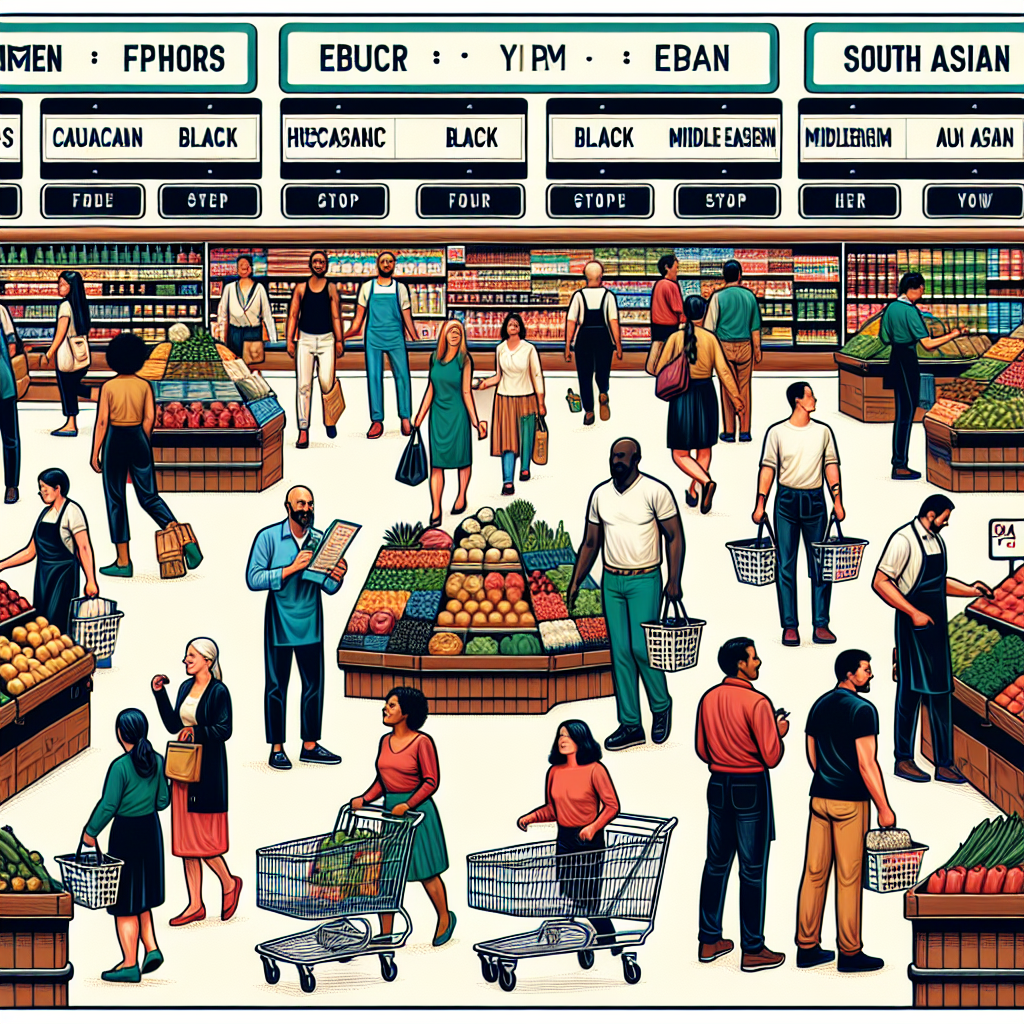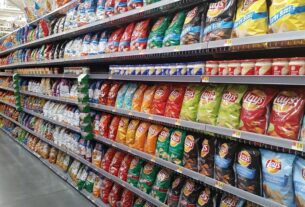The State of the Global Grocery Retail Industry in 2025: Trends, Challenges, and Opportunities
The grocery retail industry is a critical component of the global economy, providing essential goods and services to consumers around the world. In recent years, the industry has faced increasing pressure to address food waste and sustainability concerns. Grocery retailers are now innovating to combat food waste through various strategies and initiatives. This report will explore how grocery retailers are tackling food waste and the impact of these efforts on the industry.
The Growing Problem of Food Waste
Food waste is a significant issue globally, with an estimated 1.3 billion tonnes of food wasted each year. This waste not only has environmental implications but also economic and social consequences. In the grocery retail sector, food waste occurs at various stages of the supply chain, from production and distribution to retail and consumption. Grocery retailers are now recognizing the need to address this issue and are taking proactive steps to reduce waste.
Current Strategies and Initiatives
Grocery retailers are implementing a range of strategies and initiatives to combat food waste. One common approach is to improve inventory management and reduce overstocking. By optimizing ordering processes and monitoring sales data, retailers can better match supply with demand and minimize waste. Some retailers are also investing in technology solutions, such as inventory tracking systems and predictive analytics, to improve efficiency and reduce waste.
Another key strategy is to work closely with suppliers and producers to prevent waste at the source. By collaborating with suppliers to set quality standards, establish clear communication channels, and implement sustainable practices, retailers can reduce the likelihood of overproduction and spoilage. Some retailers are also exploring partnerships with food banks and other charitable organizations to donate surplus food and reduce waste.
Case Study: Tesco’s Food Waste Reduction Strategy
One example of a grocery retailer leading the way in food waste reduction is Tesco, the UK’s largest supermarket chain. Tesco has implemented a range of initiatives to tackle food waste, including:
– Implementing a “food waste hotline” for suppliers to report surplus or damaged products.
– Introducing dynamic pricing strategies to reduce waste on perishable items.
– Launching a “food waste challenge” program to engage employees and customers in waste reduction efforts.
As a result of these initiatives, Tesco has been able to significantly reduce its food waste and improve its sustainability performance. The company has also seen positive feedback from customers and employees, demonstrating the value of proactive waste reduction strategies.
The Role of Technology
Technology is playing a crucial role in helping grocery retailers combat food waste. Retailers are increasingly investing in innovative solutions, such as:
– Smart shelving systems that monitor product freshness and alert staff to items nearing expiration.
– Blockchain technology to track product provenance and reduce waste in the supply chain.
– Artificial intelligence and machine learning algorithms to optimize inventory management and reduce overstocking.
By leveraging these technologies, retailers can improve efficiency, reduce waste, and enhance the overall customer experience. Technology also enables retailers to collect and analyze data on food waste, allowing them to identify trends, pinpoint areas for improvement, and track progress over time.
Future Trends and Opportunities
Looking ahead, the future of food waste reduction in the grocery retail industry looks promising. Retailers are increasingly recognizing the business case for sustainability and are investing in innovative solutions to address food waste. Some key trends and opportunities include:
– Greater collaboration and partnerships across the supply chain to prevent waste at the source.
– Increased consumer awareness and demand for sustainable and ethical products.
– Continued investment in technology solutions to improve efficiency and reduce waste.
Overall, the industry is moving towards a more sustainable and waste-free future, driven by consumer demand, regulatory pressure, and a growing recognition of the importance of sustainability in business operations.
In conclusion, grocery retailers are innovating to combat food waste through a range of strategies and initiatives. By improving inventory management, working closely with suppliers, leveraging technology, and engaging customers and employees, retailers are making significant progress in reducing waste and improving sustainability performance. The future of the industry looks bright, with opportunities for continued innovation and collaboration to create a more sustainable and efficient food system.



